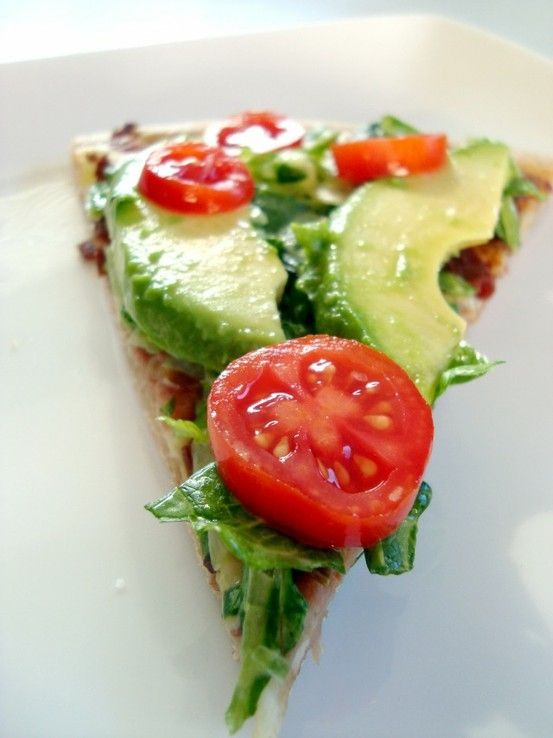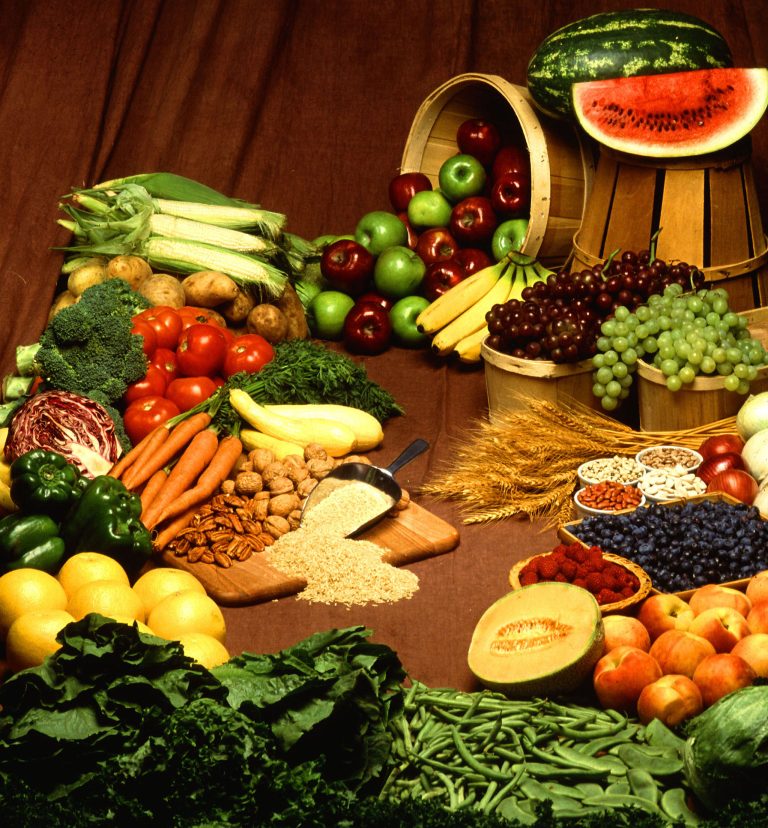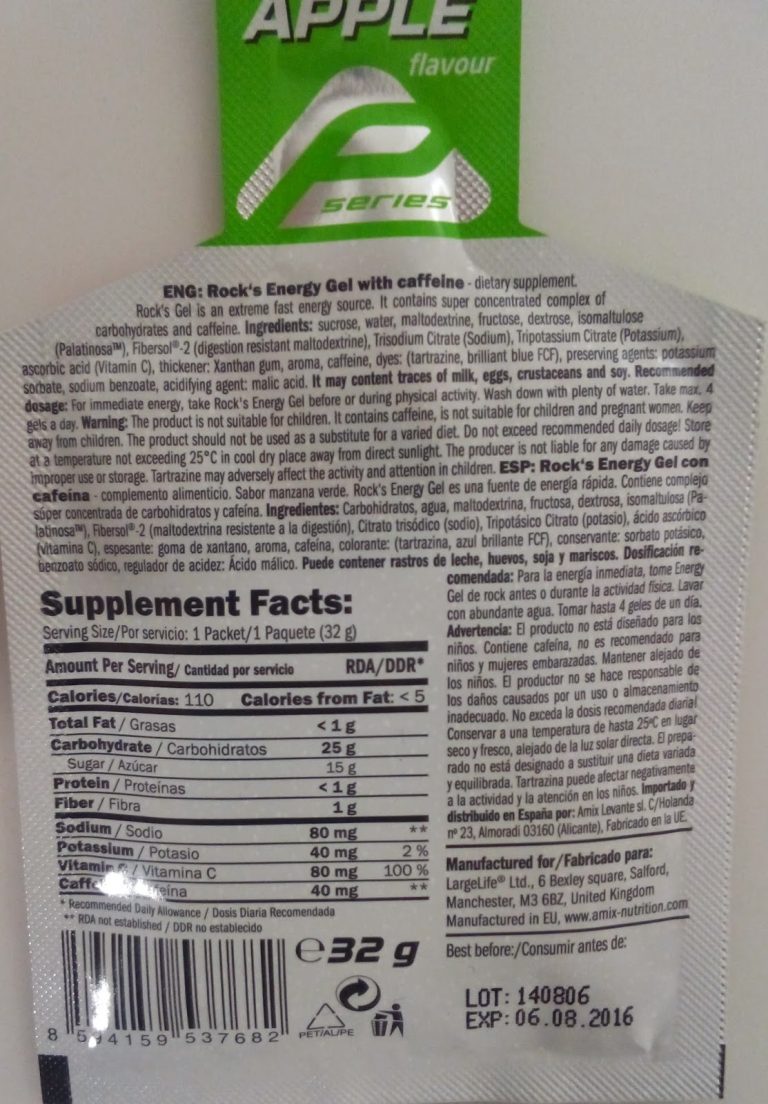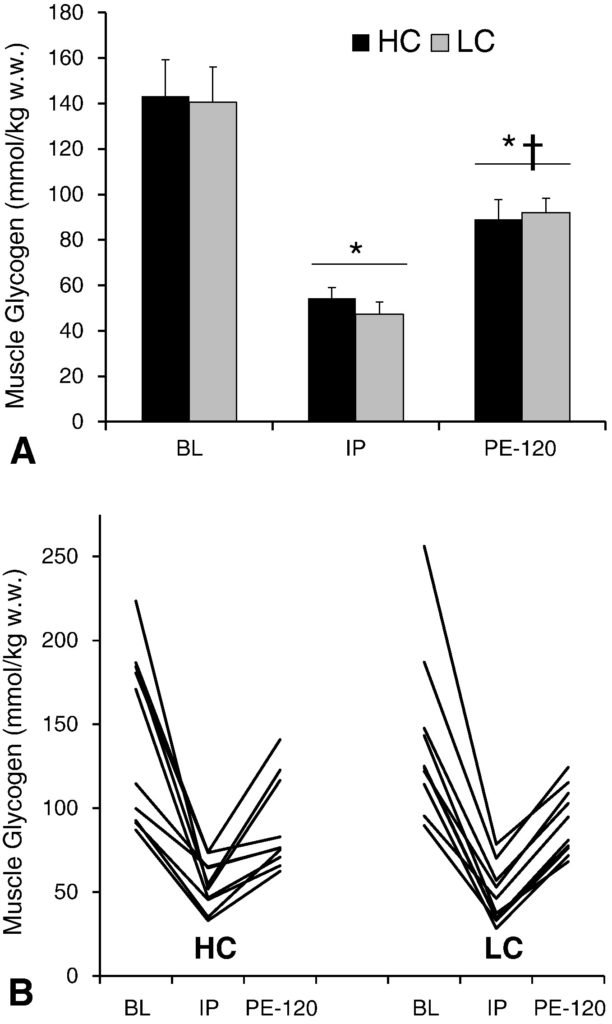Vegan diet for ultra-cyclists: Elevating Your Ride with Plant-Based Nutrition
Introduction
For ultra-cyclists, maintaining peak performance over extended distances isn’t just about intense physical training—it’s also about proper nutrition. A vegan diet for ultra-cyclists provides a unique combination of plant-based nutrition that can support endurance athletes in optimizing their performance. As these cyclists push their limits, understanding the link between cycling performance metrics and a sustainable diet becomes crucial. Whether one is considering a lifestyle switch for personal, ethical, or environmental reasons, a well-structured vegan diet can serve as a vital component in achieving cycling excellence. Additionally, aspects like bike maintenance tips are essential for keeping both body and bike in top condition.
Importance of a Vegan Diet for Ultra-Cyclists
A well-balanced vegan diet focuses on consuming foods free from animal products, providing ample plant-based nutrition essential for endurance athletes. The transition to a vegan lifestyle may seem intimidating at first, but the benefits can be significant for ultra-cyclists, who demand a high level of energy, stamina, and quick muscle recovery. By focusing on vegan protein sources and sustainable nutrition, cyclists can meet their nutritional needs while supporting the environment.
Best Nutrition Practices for Cyclists
When planning a vegan diet, ultra-cyclists need to consider key elements such as carbohydrate loading, protein intake, recovery foods, and nutrient timing. Carbohydrate-rich foods like quinoa, sweet potatoes, and oats provide the fuel necessary for long rides. Vegan protein sources like lentils, chickpeas, and tofu deliver the amino acids needed for muscle repair. Post-ride nutrition should focus on both carbohydrates and protein to aid recovery.
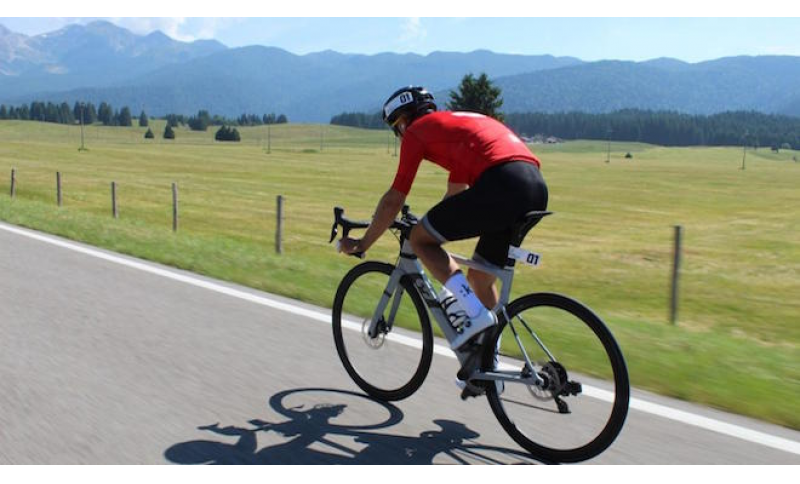
Hydration Strategies and Plant-Based Recipes
Whether you’re cycling under the scorching sun or in cooler climates, proper hydration strategies are vital. Water combined with plant-based electrolytes from sources like coconut water or electrolyte powders can help maintain fluid balance and prevent dehydration. Simple plant-based recipes for snacks like homemade energy bars using nuts, seeds, and dried fruits can provide just the right snack on the go.
Training Techniques for Cyclists
Cycling isn’t just about pedaling longer; it’s also about pedaling smarter. Advanced training techniques such as power-based training, focusing on watts rather than speed, and mental resilience exercises can significantly enhance an ultra-cyclist’s performance.
Cycling Safety Tips and Choosing the Right Gear
As ultra-cyclists often venture into diverse terrains, ensuring cycling safety becomes paramount. Helmet quality, visibility gear, and knowledge of road etiquette can make a substantial difference in safety. Choosing the right cycling gear, from suitable clothing to optimizing bike aerodynamics, can further enhance endurance performance.

Power-Based Training and Cycling Cadence
Using technology like power meters allows cyclists to monitor how much power is produced and optimize workouts accordingly. Understanding cycling cadence—your pedal revolutions per minute—can help align your physical output with your endurance goals. Power-based intervals, designed to gradually increase your threshold, can improve cycling strength and efficiency.
VO2 Max Improvements for Cyclists
For many endurance athletes, VO2 Max is a key performance metric. Training methods aimed at increasing VO2 Max—like interval training—enable cyclists to use oxygen more efficiently, thus enhancing overall endurance. As part of your vegan diet, focusing on micronutrient intake, such as iron and zinc from plant-based sources, can support better oxygen transport in the blood.
Recovery Foods and Anti-Inflammatory Benefits
After an arduous ride, recovery foods are necessary to replenish and rebuild. Plant-based meals that include anti-inflammatory foods like berries, nuts, and leafy greens can mitigate muscle soreness and enhance recovery speed. Omega-3 rich plant-based fats found in flaxseeds and walnuts promote joint health and reduce inflammation.
Meal Planning for performance optimization
Smart meal planning ensures that an ultra-cyclist’s nutritional needs are met consistently. Balanced meals that combine carbohydrates, proteins, plant-based fats, and dietary fiber offer holistic support for strenuous activity and daily recovery. Plant-based recipes using simple, whole ingredients ensure cyclists never run out of energy.
Advanced Techniques for Endurance and Muscle Recovery
Implementing advanced techniques, such as nutrient timing and high-energy snacks, allows ultra-cyclists to sustain energy levels throughout their rides. Not only does this help in maintaining peak performance, but it also aids in faster muscle recovery.
Pre-Ride Meals and Post-Ride Nutrition
Pre-ride meals high in carbs, moderate in protein, and low in fat set the tone for your cycling journey. Overnight oats with fruits or a smoothie bowl can serve as a perfect start. After the ride, a protein-rich meal including legumes or a tofu stir-fry ensures muscles have the necessary nutrients to repair.
Vegan Supplements and Micronutrient Intake
Ultra-cyclists keen on a vegan diet sometimes need additional support from vegan supplements—especially for B12, iron, and calcium, typically found in animal products. Ensuring sufficient intake through fortified foods or supplements aids in preventing deficiencies that can hinder performance.
High-Energy Snacks and Hydration Strategies
While cycling, high-energy snacks like date balls or homemade granola bars keep glucose levels stable, avoiding energy dips. Hydration strategies should adapt to weather conditions, utilizing both water and herbal teas or infusions to maintain electrolyte balance.
Data, Metrics, and Studies Supporting Vegan Diet for Ultra-Cyclists
Emerging studies emphasize the advantages of plant-based diets in enhancing endurance and accelerating recovery. A study published in the Journal of the International Society of Sports Nutrition highlighted that vegan diets could reduce cholesterol levels and improve cardiovascular health among endurance athletes. This not only supports enhanced blood flow but also increases VO2 Max, a significant performance metric for ultra-cyclists.
Conclusion
In conclusion, adopting a vegan diet tailored for ultra-cyclists can lead to exceptional improvements in both performance and recovery. While the transition may require planning and adjustment, the long-term benefits on health, sustainability, and cycling endurance are undeniable. For cyclists willing to explore plant-based nutrition, the journey is both rewarding and empowering.
FAQs
1. Can a vegan diet provide enough protein for muscle recovery?
Absolutely. Plant-based protein sources like lentils, quinoa, tofu, and chickpeas are excellent for fueling muscle recovery.
2. How do I maintain my energy levels on a vegan diet during rides?
Consuming high-energy snacks such as energy bars or banana and nut butter wraps helps maintain glucose levels and sustain energy.
3. Are there any nutrients I should focus on as a vegan ultra-cyclist?
Yes, focus on iron, B12, zinc, and omega-3s, often through fortified foods or supplements.
4. What is nutrient timing, and why is it important?
Nutrient timing involves consuming nutrients primarily around your exercise schedule to maximize their benefits for performance and recovery.
5. Can a vegan diet help reduce inflammation post-cycling?
Yes, many plant-based foods like berries, nuts, and leafy greens have anti-inflammatory properties that assist in reducing post-ride inflammation.
By incorporating these elements into your cycling regimen, you can enjoy both enhanced performance and the numerous health benefits of a vegan lifestyle.
